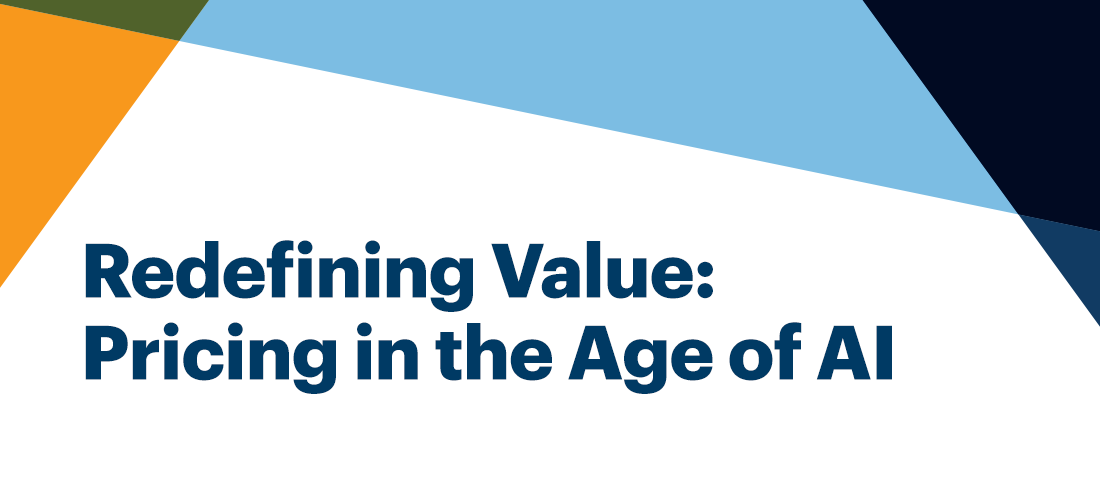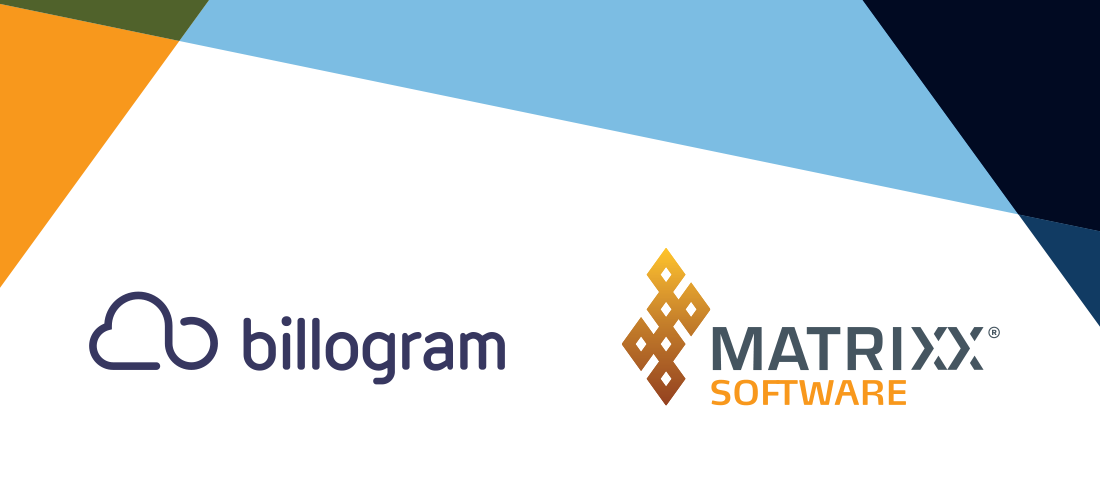- Product
Product
MATRIXX Dynamic BillingMATRIXX Converged Charging and MonetizationMATRIXX Technology PlatformCommercial Benefits
Rapid Commercial InnovationCustomer-Centric SolutionsUnified, Real-Time RevenueDynamic Operational FlexibilityTechnical Benefits
High Performance Core5G CHF | CCS ArchitectureAPI-FirstClick-Not-CodeTrue Cloud NativeUnified Commerce- Solutions
Overview
Unlimited Business PotentialTelco
ConsumerSmall and Medium EnterpriseLarge EnterprisePrivate Cellular NetworksWholesaleDirect-to-Cell SatelliteSoftware Providers
AI Pricing & BillingSatellite Providers
Satellite- Customers
Overview
Success HighlightsSuccess Stories
DISHiD MobileLiberty Latin AmericaOne NZ - ConsumerOne NZ - EnterpriseOrange PolandOrange Romania- Partners
Be A Partner
Partner Program OverviewPartner Resources
Education & TrainingStrategic Initiatives
Blue Planet | Dynamic Monetization of 5GCelfocus | Digital BillingGoogle | Confidential ComputeIBM | Telco Cloud PartnershipMicrosoft and Blue Planet | Monetize 5G ExperiencesRed Hat OpenShift | Hybrid CloudSalesforce | Digital ExperiencesTallence | Charging TransformationPartner Case Studies
AWS CI/CD Pipeline- Resources
Events & Webinars
Webinars On-Demand- Company
Pin It on Pinterest
- Solutions
















